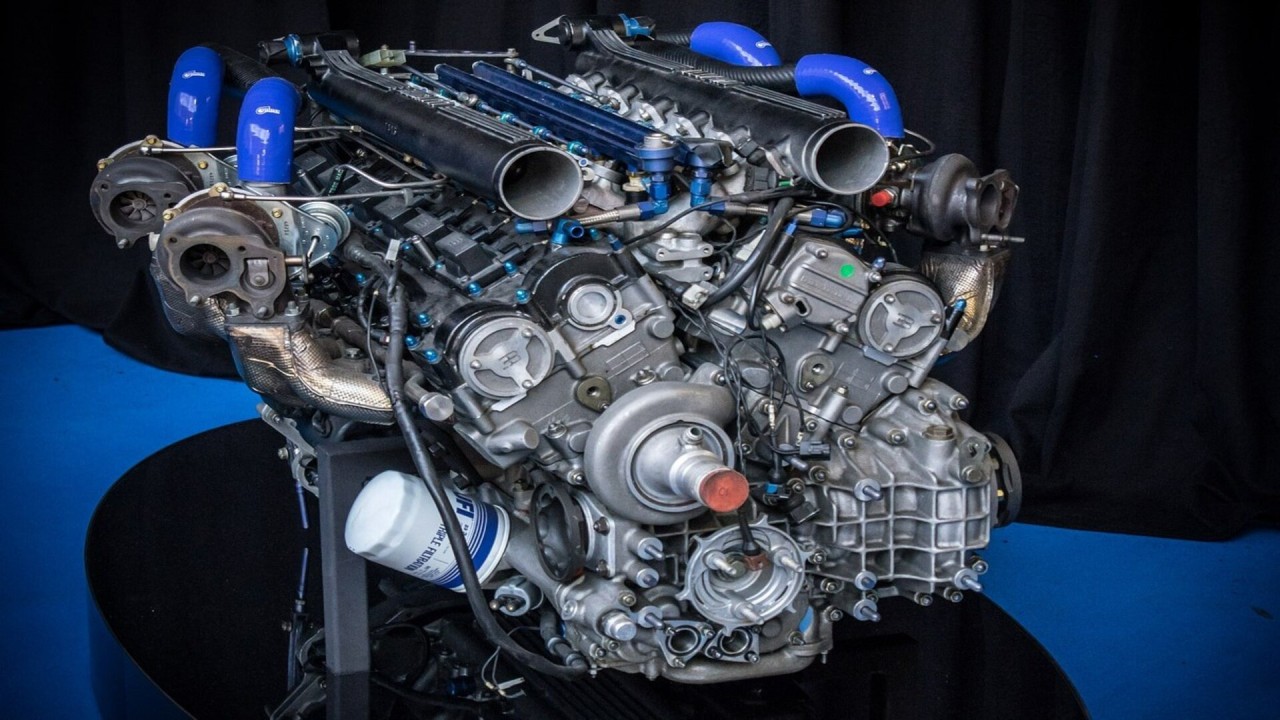Engines For Africa Offers Motors You Can Depend On
Engines For Africa Offers Motors You Can Depend On
Blog Article
A Full Overview to Selecting the Right Engine for Your Project
Choosing the ideal engine for your job is a crucial decision that can significantly impact its total success. Each of these components plays a crucial duty in making certain that your chosen engine not only fulfills instant objectives but also straightens with long-lasting ambitions.
Specify Your Project Demands
Defining your job requires is a critical action in selecting the suitable engine for successful execution. A detailed understanding of your project's goals will certainly direct you in identifying the features and capacities needed from an engine. Begin by describing the range of your task, consisting of the wanted performance, target audience, and the specific end results you intend to achieve.
Following, think about the technical demands that line up with your task goals. This consists of reviewing the compatibility of the engine with existing systems, along with the programming languages and frameworks that will be utilized. Furthermore, assess the degree of scalability needed to accommodate future development or adjustments sought after.
Budget constraints likewise play a crucial role in specifying your task requires. Establish a clear monetary structure to guide your decision-making procedure, making sure that the engine selected fits within your spending plan while giving the essential performance.
Evaluate Efficiency Needs

Following, take into consideration the scalability of the engine. Analyze whether it can manage increased workloads as your project expands. Engines that support straight scaling are commonly preferable for bigger applications. Furthermore, assess the engine's performance under various conditions, such as peak use situations, to guarantee it fulfills your reliability criteria.
Take Into Consideration Simplicity of Use
While technical requirements are important, the convenience of use of an engine can significantly impact the advancement procedure and total project success. An intuitive user interface, clear documentation, and streamlined process can drastically reduce the learning curve for programmers, allowing them to concentrate on creativity and analytic as opposed to coming to grips with complicated tools.
When assessing an engine's simplicity of usage, think about the onboarding experience. A well-structured introduction, total with tutorials and sample tasks, can facilitate a smoother transition for new users. Furthermore, the clarity and comprehensiveness of the engine's paperwork play a crucial function; extensive guides and API references can encourage designers to repair and execute attributes efficiently.
An additional facet to consider is the engine's modification abilities. An engine that enables simple alterations can be more user-friendly, as designers can customize it to fit their specific requirements without extensive headache. Examine the process combination with devices and platforms you already utilize. A natural ecosystem can boost performance and reduce friction throughout the advancement procedure. Eventually, choosing an engine that prioritizes simplicity of use can lead to an extra enjoyable and effective development experience.
Assess Area and Assistance
The strength of an engine's neighborhood and support network can considerably affect a designer's experience and success. A vivid neighborhood frequently suggests a wealth of shared expertise, resources, and top article repairing help that can enhance your project's advancement procedure. When assessing an engine, consider the dimension and task level of its neighborhood. Bigger communities normally offer extra online forums, tutorials, and third-party plugins, enabling developers to discover solutions much more efficiently.
Additionally, assess the schedule of official assistance channels. Trusted paperwork, responsive client assistance, and routine updates are essential for attending to technical problems and maintaining your project on course. Engines For Africa. Active neighborhoods also promote collaboration, giving chances for networking and responses, which can be vital, particularly for little teams or independent programmers
Furthermore, examine the existence of community-run occasions, such as meetups or hackathons. These events can enhance your understanding of the engine while attaching you with potential collaborators and skilled individuals. In recap, a durable area and Going Here support group not only improve advancement yet additionally create an environment for learning and development, eventually improving the chance of your task's success.
Contrast Price and Licensing Alternatives
Spending plan factors to consider play an important function in choosing the best my response engine for your job, as the expense and licensing choices can substantially affect both short-term costs and long-lasting practicality. Engines For Africa. Different engines offer varying rates frameworks, which can consist of single acquisition charges, membership models, or revenue-sharing agreements based upon your project's revenues

Licensing options additionally differ dramatically. Some engines are open-source, supplying adaptability and community-driven support, while others may require exclusive licenses that limit usage and distribution. Recognizing the effects of each licensing design is important, as it affects ownership civil liberties, future scalability, and prospective legal obligations.
Verdict
To conclude, choosing the appropriate engine for a task necessitates a thorough evaluation of specified project demands, efficiency requirements, convenience of usage, community assistance, and expense factors to consider. By methodically attending to these vital factors, decision-makers can make certain positioning with both current and future project needs. A knowledgeable choice eventually enhances the probability of project success, allowing effective source allocation and making the most of possible outcomes within the defined budgetary restrictions.
Picking the suitable engine for your task is an important decision that can dramatically affect its total success.Defining your job needs is a crucial step in picking the proper engine for successful application. A detailed understanding of your project's purposes will certainly guide you in determining the attributes and capabilities called for from an engine.Once you have a clear understanding of your project needs, the next action is to review the efficiency requirements of the engine.In conclusion, choosing the proper engine for a task requires a comprehensive analysis of defined task needs, performance needs, simplicity of usage, area assistance, and cost considerations.
Report this page